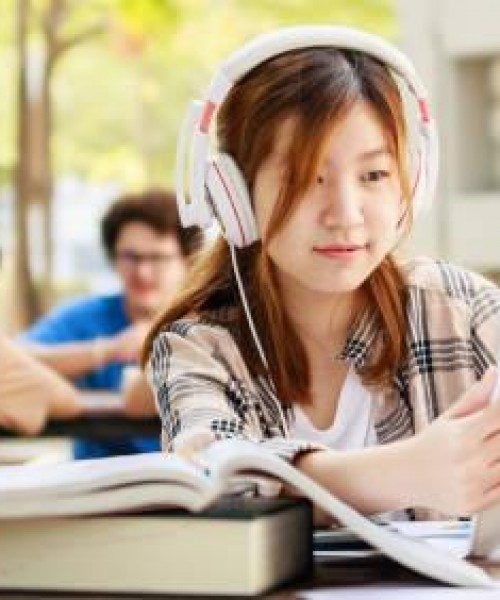除了没有孩子列出的学术核心竞争力落后法案(2001)如英语、阅读、语言艺术、数学、科学、外语、公民、政府、经济学、艺术、历史、地理、理论家名单由第二十一世纪的学生需要一些技巧:信息、媒介素养、技术技能、学习和创新技能、生活和职业技能,和全球意识(纳科尔第二十一世纪技能,和伙伴关系2006)。 信息,媒体和技术技能进一步细分为信息素养,媒体素养,信息,通信和技术(ICT)识字。信息素养是学生有效、有效地获取和评价信息的能力,也是对信息获取的基本伦理问题的理解。媒体素养需要了解媒体信息的构成和原因以及利用适当的媒体创造工具创造媒体产品的能力。信息和通信技术(ICT)识字是利用数字技术(计算机,媒体播放器等),社会网络和通信/网络工具的能力,以评估和沟通信息,并成功地在知识经济。
美国南卡罗来纳论文代写:核心竞争力
Aside from the academic core competencies listed in the No Child Left Behind Act (2001) such as English, reading or language arts, mathematics, science, foreign languages, civics, government, economics, arts, history, and geography, theorists list several skills needed by the twenty-first century student: information, media literacy, and technology skills, learning and innovation skills, life and career skills, and global awareness (NACOL and Partnership for 21st Century Skills, 2006).Information, media, and technology skills are further subdivided into information literacy, media literacy, and information, communications and technology (ICT) literacy. Information literacy is the student's capacity to access and evaluate information efficiently and effectively, as well as appreciating the fundamental ethical issues related to information access. Media literacy entails the capacity to understand why and how media messages are constructed and the creation of media products utilizing appropriate media creation tools. Information and communications technology (ICT) literacy is the aptitude of using digital technologies (computers, media players, etc.), social networks, and communication/networking tools to evaluate and communicate information and successfully function in a knowledge-based economy.










